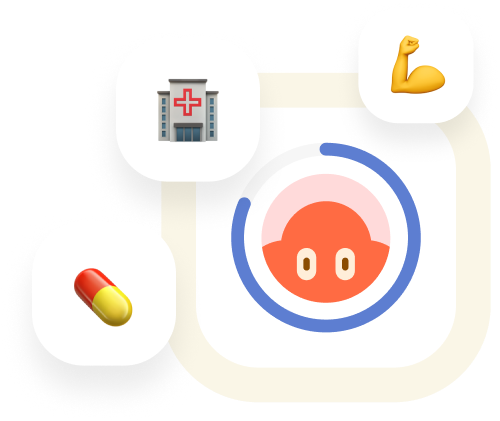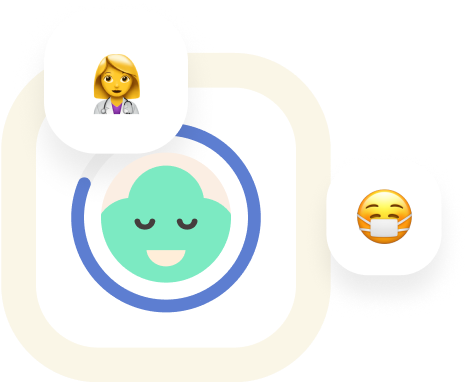Join a Community That Understands You
Get answers from those who share your health journey



viviennemma's Post
viviennemma
Updated 1y ago
Effective Meditation Techniques for Managing Anxiety
Can you help? Connect today
Your Alikes say
Some meditation methods that work to manage anxiety include mindfulness meditation, focusing on breath, progressive muscle relaxation, and deep breathing exercises. Additionally, techniques like the t...See More
Silence
1y
Kingswife
1y
Silence
1y
MyMelody0820
1y
Bre19
1y
bridgiebee
1y
llarskyy
1y
Bakon
1y
Thymee
1y
Thymee
1y
A.Very.Anxious.Being
1y
A.Very.Anxious.Being
1y
The content in this post is not intended to be a substitute for professional medical advice, diagnosis, or treatment. Always seek the advice of your physician or other qualified health provider with any questions you may have regarding a medical condition.

Free unlimited access
to all community content

Find others who are
medically similar to you

Pose questions and join
meaningful discussions
Alike is a transformative platform that goes beyond just bringing together patients; it meticulously connects individuals based on multiple critical factors, such as age, gender, comorbidities, medications, diet, and more, fostering a community of knowledge, support and empathy.
© 2020-2024 Alike, Inc